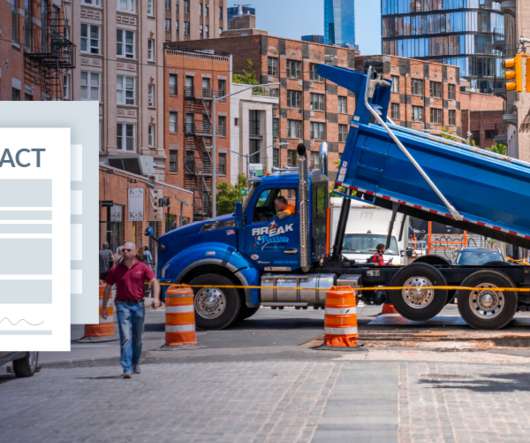Does GC Insurance Cover Subcontractors?
Levelset
SEPTEMBER 23, 2022
Luckily, that’s what insurance is for, right? Does a general contractor’s insurance cover their subcontractors’ accidents or mistakes? While there isn’t a cut-and-dry answer to these questions, we’ll take a deeper look into insurance coverage and what happens in these situations. Who is covered by an insurance policy?









































Let's personalize your content